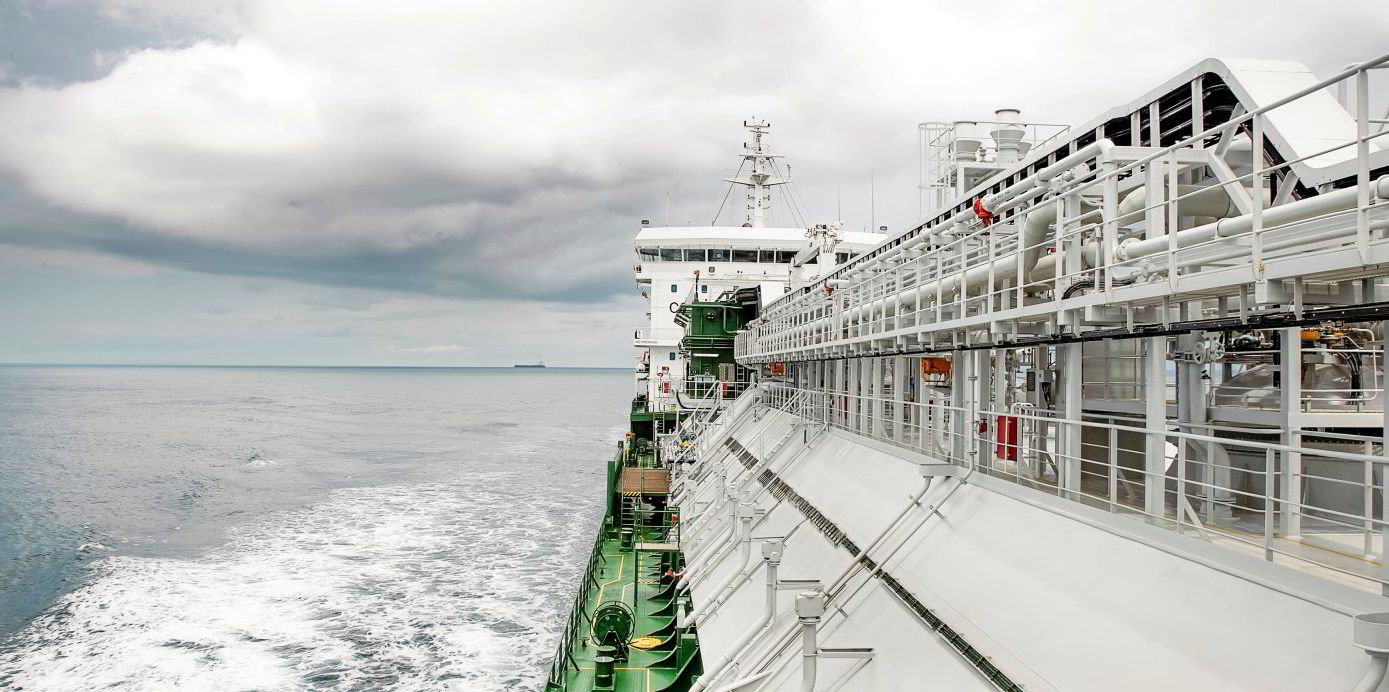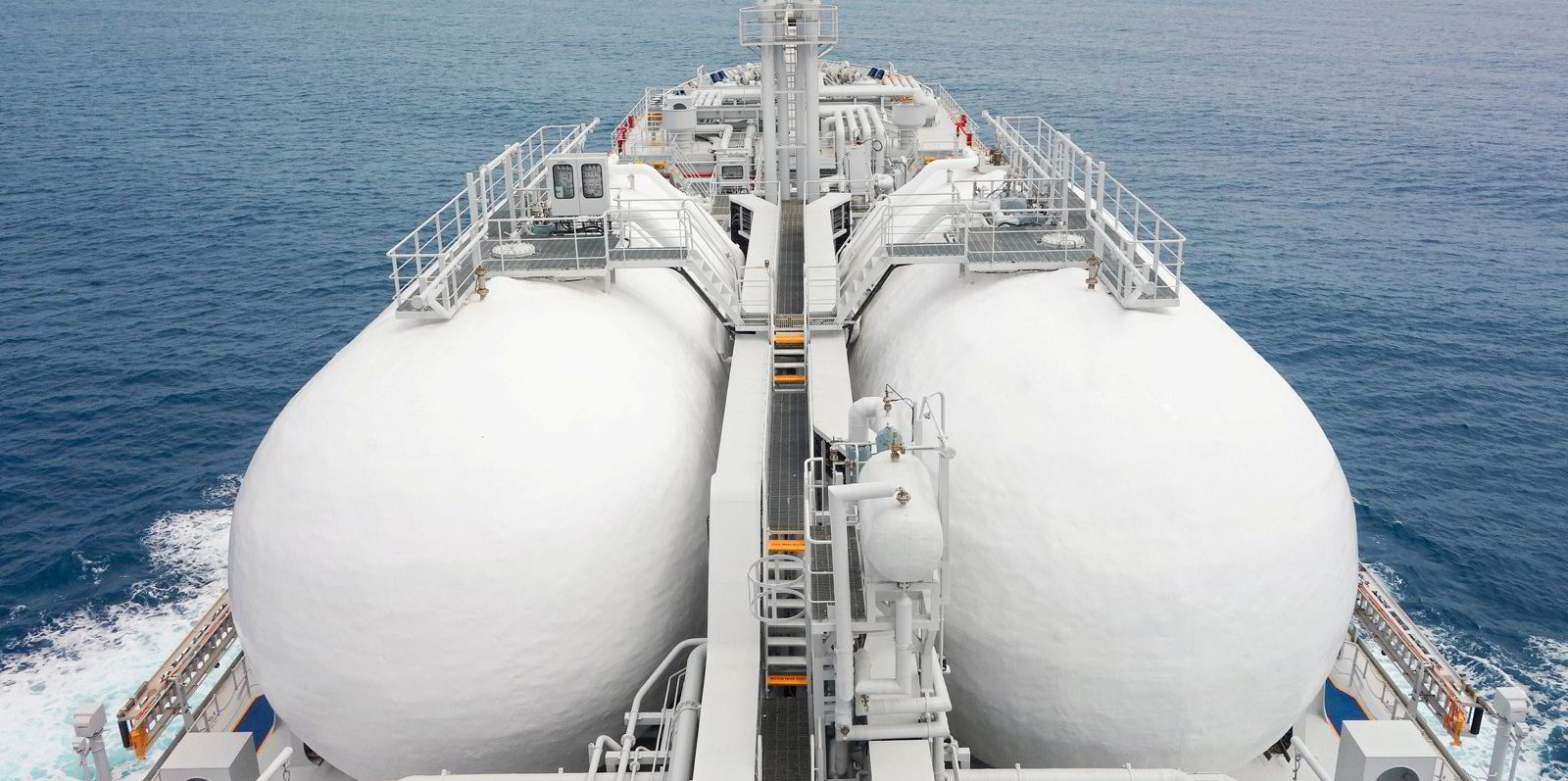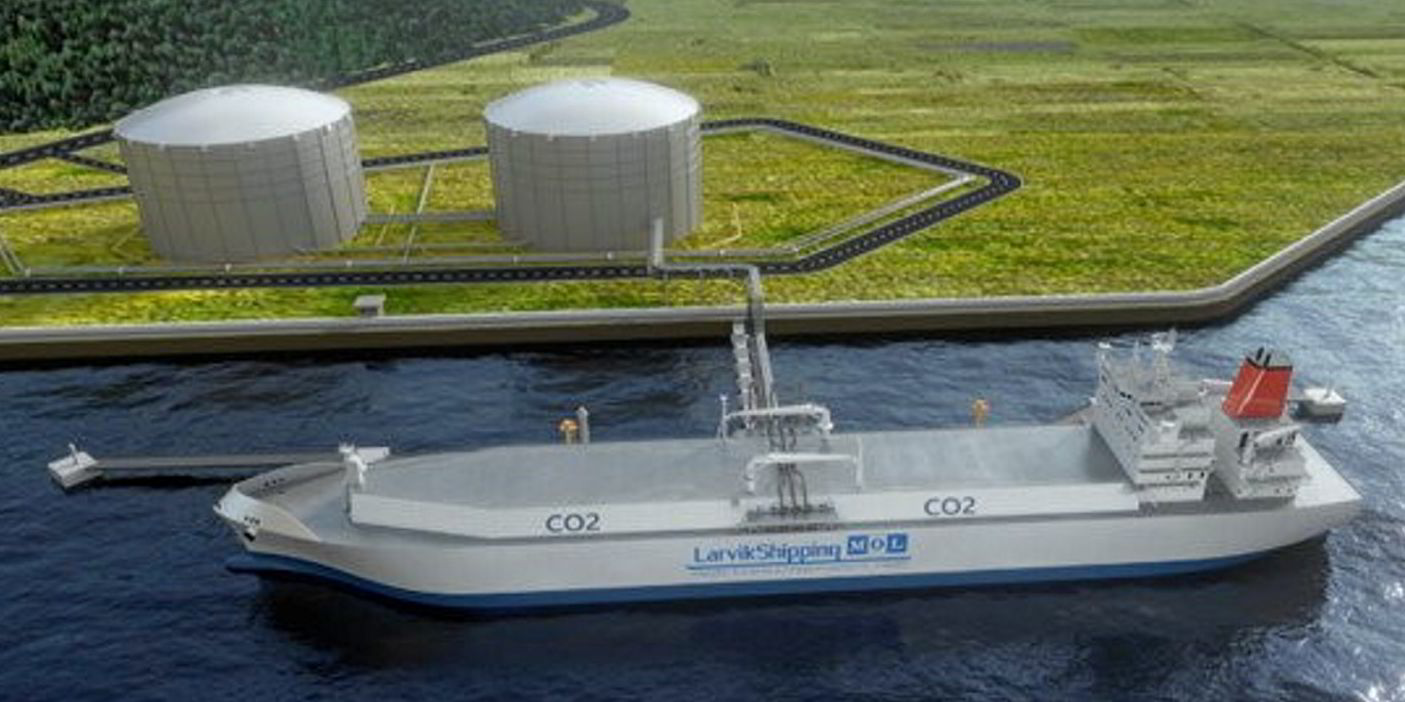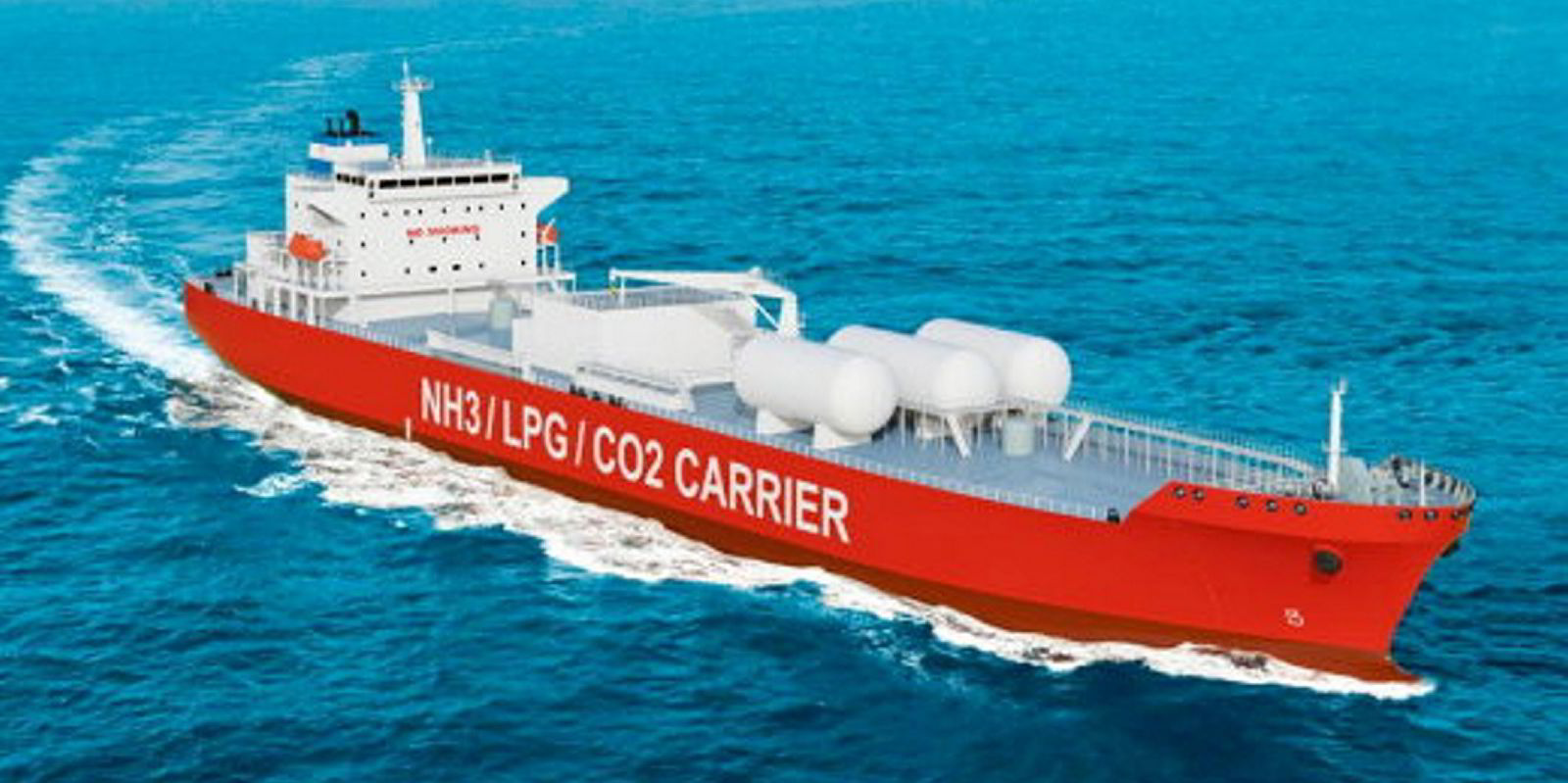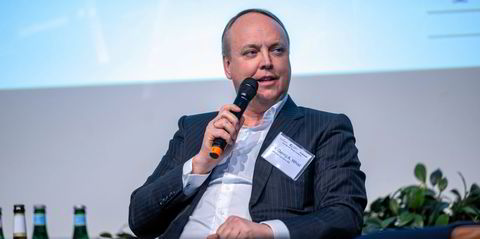Danish joint venture shipping company Dan-Unity plans to go out to shipyards for quotes and berth availability on the CO2 carriers it anticipates needing for shipments to Iceland and future projects.
Dan-Unity, which is co-owned by Evergas and now Navigator Gas after its takeover of Ultragas, said its new vessel designs from TGE Marine for 12,500-cbm and 22,000-cbm CO2 carriers have received approval in principle from classification society ABS.
"This major milestone means that suitable shipyards will now be selected and invited into the process," the company said.
Dan-Unity chief executive Steffen Jacobsen told TradeWinds Dan-Unity expects to go to shipyards within November.
Contract required
He said the company, which received a DKK 2.8m grant from the Danish Maritime Fund to develop its CO2 carrier designs, anticipates a delivery time on any newbuilding of between 27 and 28 months, although this will depend on what yards can offer.
Jacobsen said the ships would likely run on methanol or ammonia, depending on the availability of the technology.
The vessels will be purpose-built and not be compatible with any other trades.
Jacobsen added: "We will not order any ships until we have a contract for CO2 transportation, which we do not have at this stage."
Dan-Unity announced in May that it is working on plans to ship CO2 to Iceland where it has partnered with local company Carbfix.
Carbfix dissolves CO2 in water. This acidic carbonated water reacts with underground rock releasing elements that, over time, combine with the CO2 and form solid carbonates that will remain stable or permanently stored, the company says.
The Icelandic company has developed a technology under which the gas is stored underground in the volcanic bedrock where it becomes mineralised in two years.
Shipments
The project has a capacity to handle 2,500 gigatons of CO2, which is more than 55 years of total global emissions of the gas.
Dan-Unity said a single 22,000-cbm vessel can transport 500,000-tons per annum of CO2 when operating between the northwest European region and Carbfix's planned Coda Terminal near Reykjavik.
Carbfix has said the new terminal is due to be in operation by 2025.
Dan-Unity is also a partner with Project Greensand, which is looking at validating the technical and commercial feasibility of CO2 storage in the Danish part of the North Sea.
Jacobsen said that Phase 3 of this project would require two CO2 carriers.
He said any CO2 carriers for this business would need to use four-stroke engines as they would have to stay in dynamic positioning mode when discharging to an offshore platform and so would likely run on marine gas oil with on-board carbon capture.
